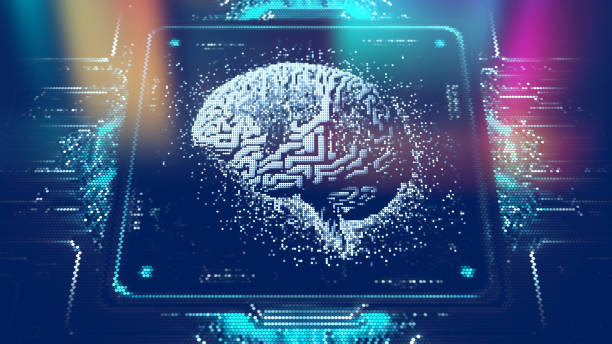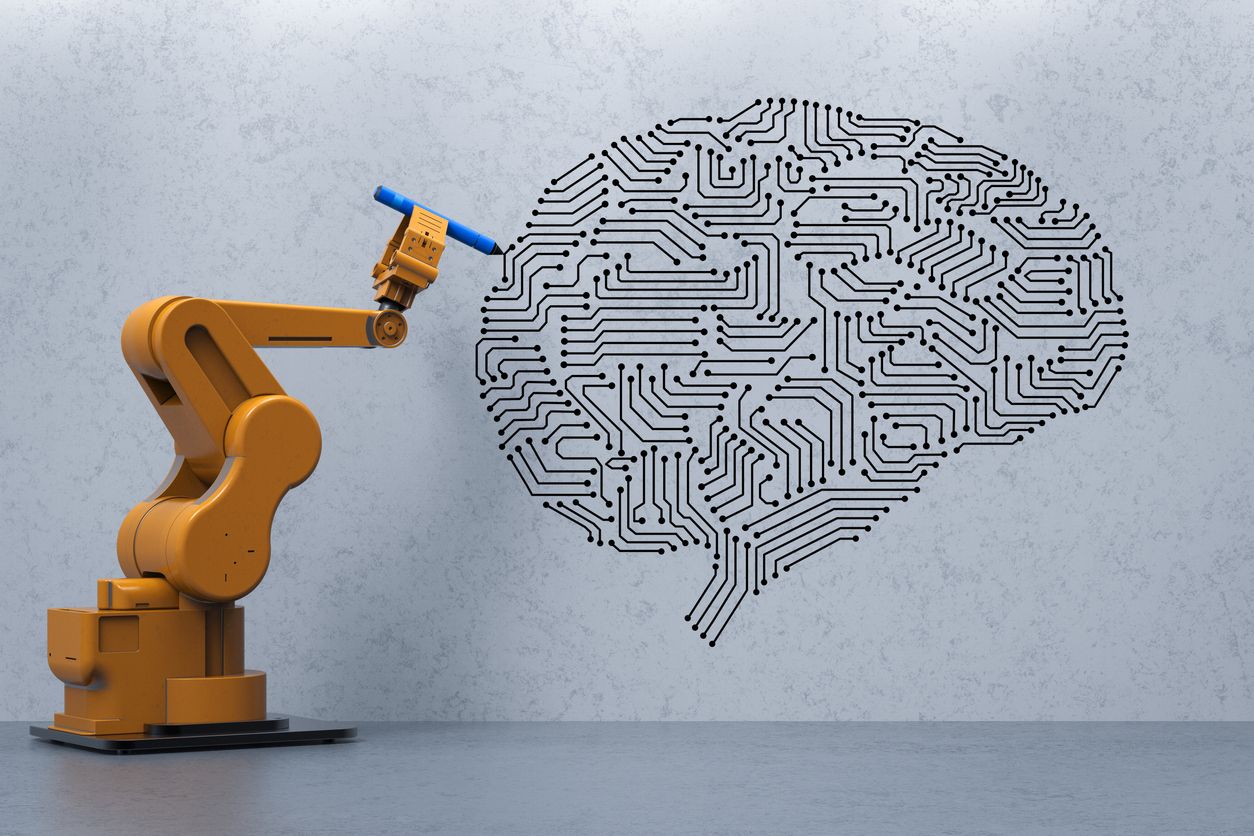Artificial Intelligence (AI) has been making waves in various industries over the past few years, and healthcare is no exception. From improving diagnosis accuracy to streamlining administrative tasks, AI has immense potential to revolutionize the way we approach health care. But what exactly is AI, and how can it be applied in this field? In this blog post, we’ll dive into the world of AI in health care and explore its promising possibilities that could transform the industry as a whole.
What is AI and why is it important in health care?
Artificial intelligence (AI) is a field of computer science that deals with the design of intelligent agents, or systems that can reason and act autonomously. AI has the potential to revolutionize health care by automating many tasks currently performed by human doctors and nurses.
One example of an AI tool currently in use in health care is a chatbot. A chatbot is a computer program that interacts with people using natural language. They are often used to provide customer service or to diagnose medical conditions.
Chatbots are helpful because they are able to understand complex conversations. They can also respond quickly and appropriately to questions and queries. This makes them ideal for use in healthcare settings, where patients may have many questions and doctors and nurses may be busy dealing with other patients.
Another important application of AI in health care is predictive modeling. Predictive modeling is used to predict the outcomes of events, such as the development of diseases or the performance of medical treatments. It is based on data scientists’ understanding of patterns observed in past events. This knowledge can then be used to make predictions about future events.
Predictive modeling has been used extensively in healthcare over the past few years, partly because it is so accurate. For example, it has been used to determine which patients are likely to respond well to specific treatments or which drugs will work best for certain types of patients.
There are several reasons why predictive modeling is so important in health care. First, it allows doctors and nurses to make informed decisions quickly. Second, it can help identify problems early on, which can minimize the damage they cause. And finally, it can save money by helping healthcare providers avoid expensive treatments or procedures that may not be necessary.
Overall, AI has the potential to revolutionize health care by automating many tasks currently performed by human doctors and nurses. This would free up doctors and nurses to focus on more important tasks and help improve patient care.
How does AI impact healthcare and the healthcare system?
The impact of artificial intelligence (AI) on healthcare is both far-reaching and complex. On the one hand, AI could help reduce the cost and workload associated with doctor visits and medical procedures. This would benefit patients as well as providers, who might need fewer hours in their already limited schedules to provide quality care.
On the other hand, AI has the potential to exacerbate some of the existing challenges facing healthcare, such as high costs and a shortage of qualified doctors and nurses. If AI is able to quickly analyze huge amounts of data and make intelligent recommendations, it could create new opportunities for exploitation by insurance companies or third-party vendors. In addition, if AI becomes an expert at diagnosing specific diseases or detecting abnormalities early on in a patient’s development, it could lead to increased rates of cancer diagnosis or preventable heart attacks.
The jury is still out on how much impact AI will have on healthcare overall, but it’s clear that there are a lot of unanswered questions about how best to use this powerful technology. Healthcare providers need to be aware of the implications of AI so they can make informed decisions about how to implement it safely and responsibly.
How can AI be used to improve the quality of health care?
AI could help improve the quality of health care by automating data collection and analysis, helping to identify trends and patterns in patient data, and recommending best practices for care. AI could also be used to develop predictive models that can identify risk factors for diseases and injuries, and provide alerts or recommendations about preventive measures. Finally, AI could help doctors and nurses make better decisions by analyzing large sets of medical data.
Benefits of AI in the healthcare industry
There are many potential benefits of artificial intelligence (AI) in the healthcare industry. AI could help reduce the cost of health care as it could automate processes and improve accuracy. It could also provide more personalized care for patients by analyzing their medical history and providing recommendations. Additionally, AI could help doctors diagnose and treat diseases more accurately and quickly.
Challenges of implementing AI into health care
There are many challenges facing the implementation of AI in health care. One of the major issues is that healthcare is a complex system with many different parts. It is difficult to build an AI system that can understand all of the complexities in healthcare. Another challenge is that healthcare providers are often not trained in how to use AI systems. They may have difficulty adjusting the system to meet their specific needs. Finally, there are privacy concerns related to systems. Because they can access personal information, healthcare providers need to be sure that data privacy laws are followed when using AI systems.
Conclusion
As AI technology continues to develop, we can only imagine what sorts of innovations and improvements we will see in the healthcare industry. Patients will benefit from more personalized treatment plans and increased access to affordable care, while healthcare providers will have an easier time managing large patient databases and providing quality care across a wider range of medical conditions. As AI technology advances, so too do our abilities to treat disease. So if you’re looking to stay ahead of the curve in your field, keeping up with AI technology is essential.





